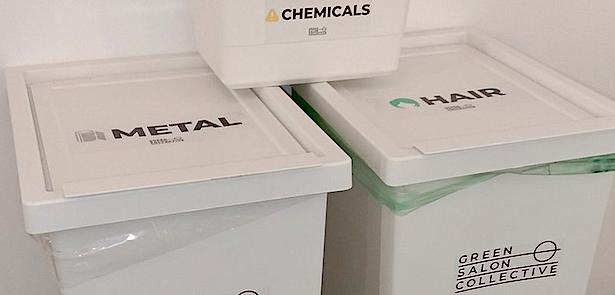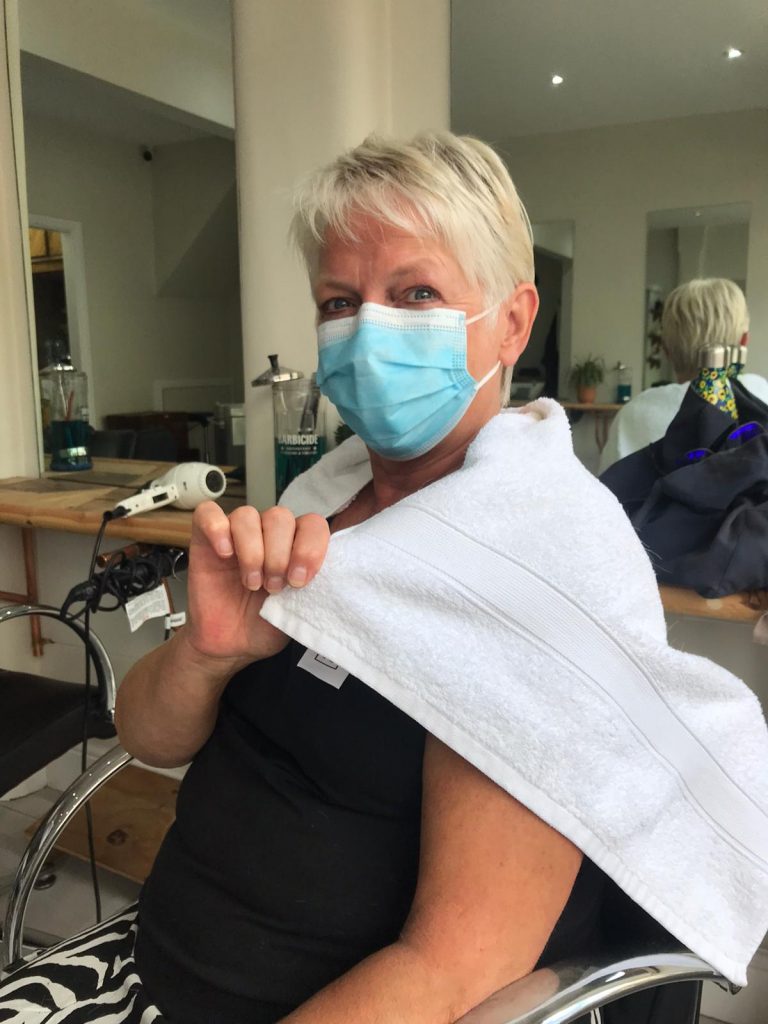Most women start to experience menopause symptoms in their late 40s and early 50s. This includes mood changes, night sweats, hot flashes and fatigue, which can make day-to-day life far more challenging.
Menopausal women also face a higher risk of diabetes, obesity, heart disease and osteoporosis, which can add further complications.
To help make things a little easier, we’ve put together 5 ways to naturally ease menopause symptoms.

1. Eat more vitamin D and calcium
The risk of osteoporosis is increased during menopause, as ongoing hormonal changes can cause bones to weaken.
Intaking more vitamin D and calcium can help, as they are both linked to good bone health, and the best way is through your diet.
Dairy foods like cheese, milk and yoghurt are all rich in calcium, whilst spinach, kale, beans, sardines and tofu are other foods you could try.
Your main source of vitamin D should be sunlight, although your skin becomes less efficient at making it as you get older.
To increase vitamin D in your diet, try eggs, oily fish and cod liver oil, which can all help.
2. Maintain a moderate weight
Women going through menopause may notice that they gain weight. This is believed to be caused by changes to genetics, ageing, hormones and general lifestyle.
Body weight can affect menopause symptoms. Researchers published a paper in 2013, that involved 17.473 postmenopausal women, which found that those who lost at least 10% of their body weight over the course of 12 months were less likely to experience night sweats and hot flashes.
3. Eat more fruit and vegetables
Increasing your intake of fruit and vegetables can help to combat quite a few menopausal symptoms.
For example, fruit and vegetables have been linked with the prevention of several diseases, including heart disease.
And because the risk of heart disease increases after menopause, this is an important point. Fruit and vegetables may also be able to prevent bone loss.
This is based on the findings of a study published in 2011. It involved 3,236 women aged 50 to 59, with researchers finding that less bone breakdown was experienced by those who had a diet high in fruit and vegetables.

4. Steer clear of trigger foods
Some foods can be responsible for causing night sweats, hot flashes and mood changes. In some cases, they are more likely to triggers when eaten in the evening and nighttime.
Alcohol, caffeine and spicy/sugary foods are known to be common trigger foods.
It’s a good idea to keep a symptom diary. This way, you can keep track of the type of foods you are eating and monitor any menopause symptoms that they trigger. You can then either reduce the amount you eat or avoid them completely.
5. Get regular exercise
Exercising regularly can help to improve energy and metabolism, whilst also creating healthier bones and joints, whilst decreasing stress and promoting better sleep.
Regular exercise is also closely linked with better protection against conditions and diseases such as stroke, high blood pressure, heart disease, cancer, type 2 diabetes, osteoporosis and obesity.
It’s also important to note that menopausal people face an increased risk of heart disease, with many studies demonstrating that regular exercise can lower the risk.
Get in touch
At Kartee Salon, we are truly lucky to have amazing customers who love what we do, with some even calling us the best hair salon in Tooting (some have even called us the best hair salon in London!).
If you are experiencing hair loss due to perimenopause, menopause or for any other reason, we always treat the condition with the sensitivity and privacy it deserves.
From helping you find a hairstyle that works for you, to giving you advice about the best products to use for your hair, we’re always here to help and offer advice.
You can find us on Colliers Wood Road, SW19 and we are open Monday to Friday, 10-7.30pm (9pm on Thursdays), Saturday 9-6pm and Sunday 10-5pm. Give us a call on 020 8540 4664 or email hello@kartee.salon and we’d be more than happy to arrange a free hair consultation.






